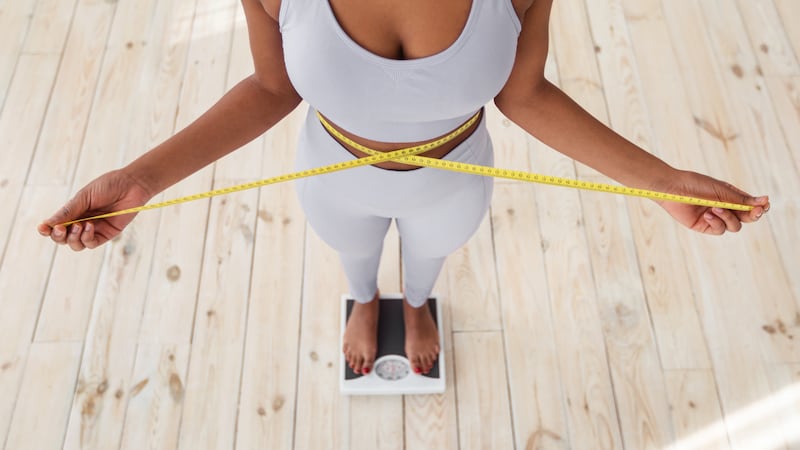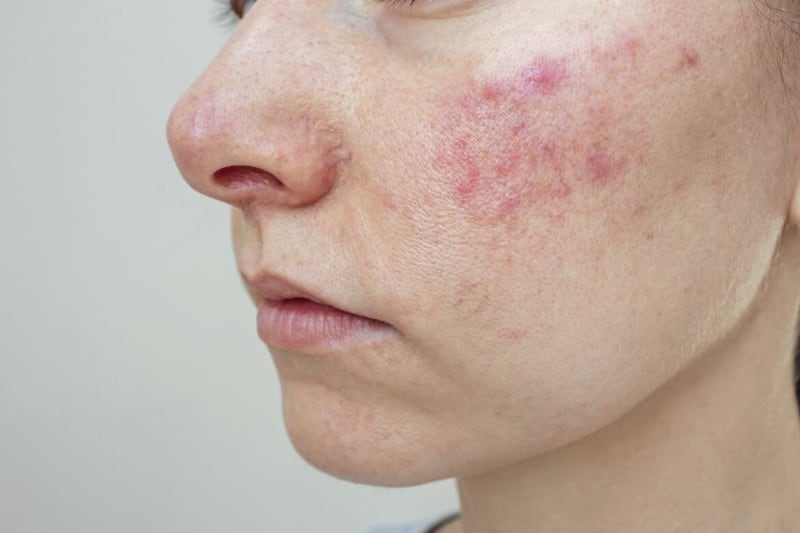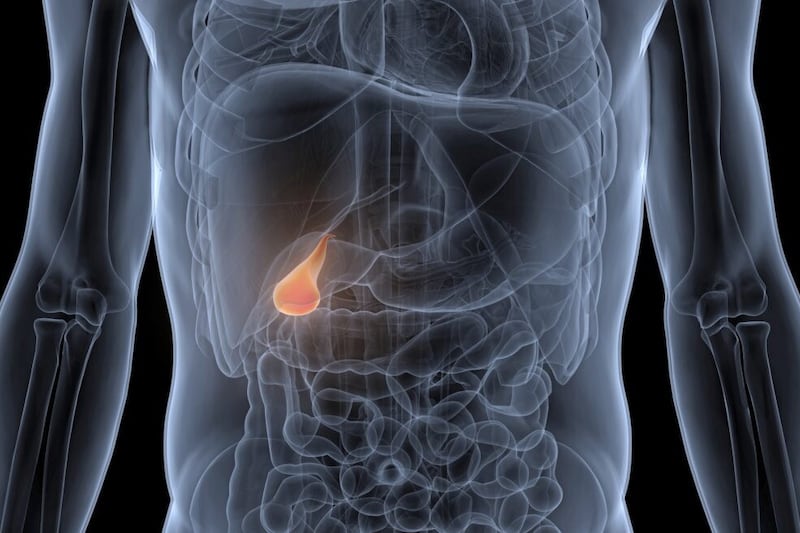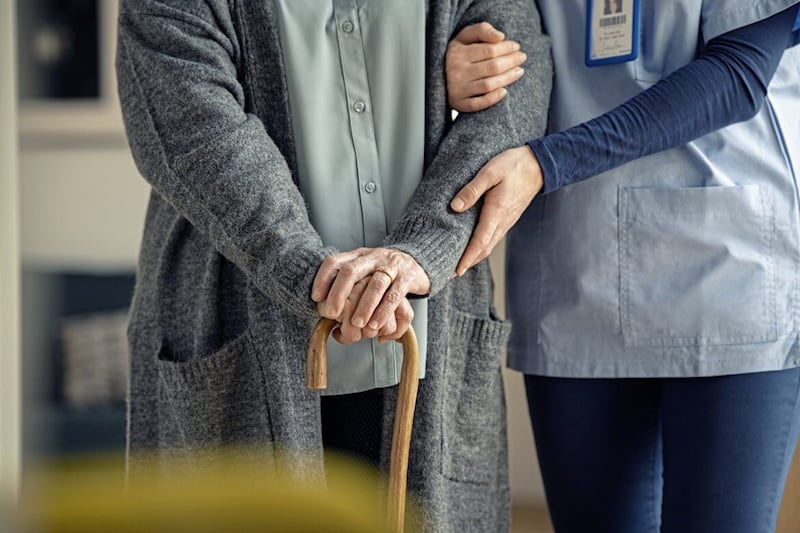Q: For six weeks I woke up with pins and needles and numbness in my right hand, which cleared when I got up. Then, one morning, my hand was also painful, swollen and I was unable to make a fist. I was seen by a rheumatologist, but after blood tests and X-rays I am still waiting for a diagnosis.
SC
A: My suspicion is that your symptoms are the result of a mechanical problem, where the nerves and blood vessels are being pinched - which is made worse when you're lying down.
The main blood vessels and nerves that supply the arm and hand - the subclavian artery and vein, and the brachial plexus bundle of nerves - have to pass through a small gap between the collarbone and the first rib, known as the thoracic outlet.
Sometimes these blood vessels and nerves can become compressed, which is known as thoracic outlet syndrome. Tingling and numbness can be a sign that the nerves are affected, while swelling indicates the blood vessels are involved.
This is not the same as the one-off pins and needles you can get from sleeping awkwardly, for instance.
Thoracic outlet syndrome can be due to a range of factors, such as injuries to the surrounding bones and age-related degenerative changes in the spine which narrow the thoracic outlet.
It may also be the result of repetitive action involving your right arm, such as gardening, tennis or casting a fishing rod. In older patients, this can cause swelling and inflammation due to excessive muscle use, and reduce the size of the thoracic outlet slightly.
The fact that it improves when you get out of bed suggests it is exacerbated by your sleeping position. The diagnosis can be confirmed with a chest X-ray and possibly a nerve conduction study or electromyography (EMG), which would involve using electrodes to measure nerve impulses.
I suspect that by the time you read this, your rheumatology consultant will have reached a diagnosis. If the cause is muscle overuse, rest will help, and the advice of a physiotherapist would be invaluable.
****
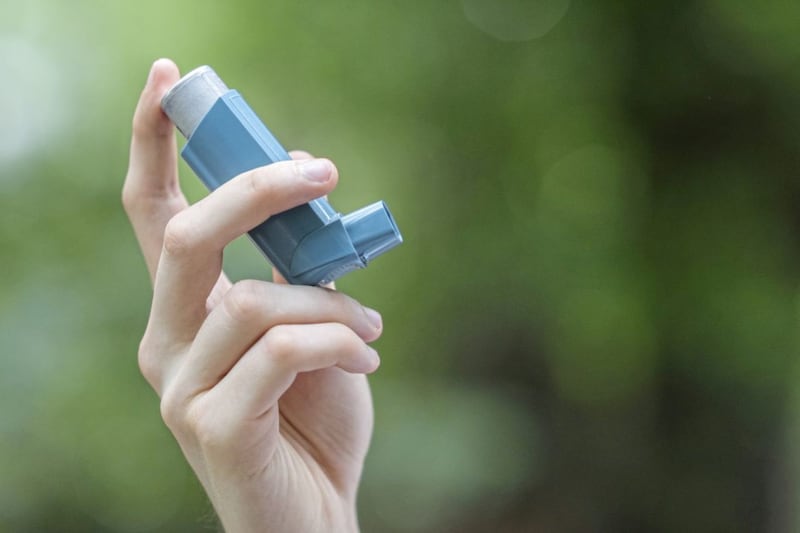
Q: I've used a Ventolin inhaler for chest tightness experienced during winter for eight years.
This year I needed an extra Ventolin inhaler, and the asthma nurse said if I used it three times in a week I should have a Clenil Modulite inhaler, too - even though I've read you can take Ventolin four times daily. And will I have to use the Clenil inhaler for the whole year or just in winter?
JC
A: Asthma can range in severity - in some people it can be intermittent and mild, as in your case, while others live with daily attacks. It's often caused by an allergy, but it can also be intrinsic, meaning it's not a reaction to anything in the air.
Ventolin contains salbutamol, a bronchodilator drug that works by relaxing spasms in the smooth muscle cells which line the airway.
While this worked for you previously, another key factor in asthma is inflammation in the airway, and the view these days is that combining a bronchodilator with an anti-inflammatory (such as the Clenil inhaler, which contains the steroid beclometasone) provides better, safer long-term results.
That's why your asthma nurse's advice to use the Clenil in addition to the Ventolin is entirely correct, though you say in your longer letter that you would prefer to use just the Ventolin in the winter.
As for whether you will need to use your Clenil inhaler all year, this is a decision to be made with your GP, based on the results of lung function tests.
© Daily Mail

